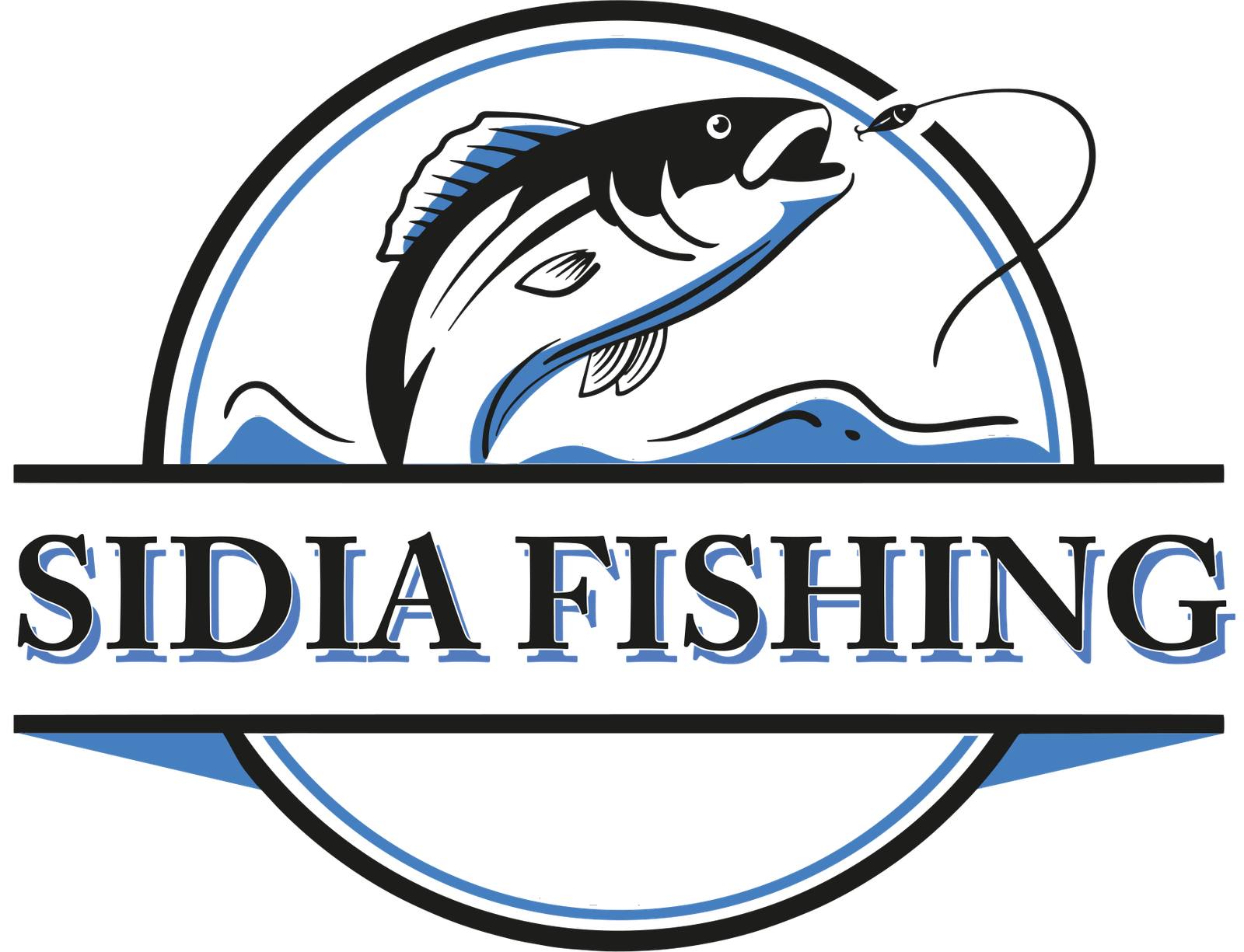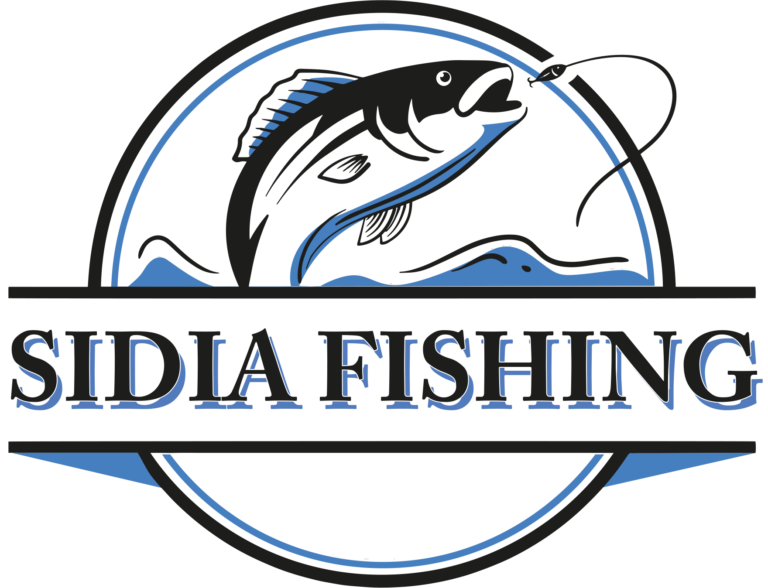SIDIA FISHING et ses partenaires suivent l’ensemble des réglementations européennes suivantes :
La réglementation européenne relative aux produits de la mer constitue un cadre juridique complexe et exhaustif, dont l’objectif principal est de garantir la sécurité alimentaire et la protection des consommateurs.
Le règlement (CE) n° 853/2004 du Parlement européen et du Conseil, établi le 29 avril 2004, définit les règles spécifiques d’hygiène applicables aux denrées alimentaires d’origine animale, avec une attention particulière portée aux produits de la pêche.

Ce règlement impose des normes strictes à chaque étape de la chaîne logistique. Dès la capture, les navires de pêche doivent répondre à des critères d’hygiène précis.
Les produits de la mer doivent être rapidement refroidis à une température proche de la glace fondante (0-2°C) et maintenus à cette température durant tout le transport. Les équipements de réfrigération font l’objet de contrôles réguliers et documentés, avec une traçabilité complète permettant de suivre chaque lot de produits.
La directive 2002/99/CE renforce ces dispositions en établissant les règles de police sanitaire régissant la production, la transformation, la distribution et l’importation des produits d’origine animale destinés à la consommation humaine.
Elle introduit le concept de certification sanitaire obligatoire pour tout transport transfrontalier, garantissant que chaque lot respecte les normes sanitaires européennes les plus exigeantes.
Le règlement (UE) 2017/625 relatif aux contrôles officiels complète ce dispositif en renforçant les mécanismes de surveillance. Les autorités compétentes de chaque État membre doivent procéder à des inspections régulières, avec des prélèvements et analyses systématiques. Les non-conformités peuvent entraîner des sanctions immédiates allant jusqu’à la saisie et la destruction des lots ne respectant pas les normes sanitaires.
Les transporteurs et les opérateurs de la filière doivent également se conformer au règlement (CE) n° 852/2004 sur l’hygiène des denrées alimentaires, qui impose la mise en place de procédures basées sur les principes HACCP (Analyse des Dangers et Maîtrise des Points Critiques). Ce système de management préventif de la sécurité alimentaire couvre l’ensemble des étapes, depuis la capture jusqu’à la distribution finale.
Ces réglementations européennes s’appliquent de manière uniforme sur l’ensemble du territoire communautaire, créant ainsi un standard de qualité et de sécurité alimentaire reconnu mondialement.
Elles protègent non seulement la santé des consommateurs mais contribuent également à la réputation d’excellence de la filière des produits de la mer.

